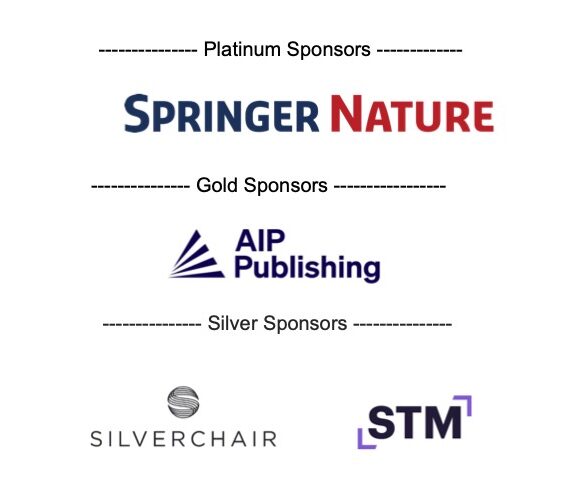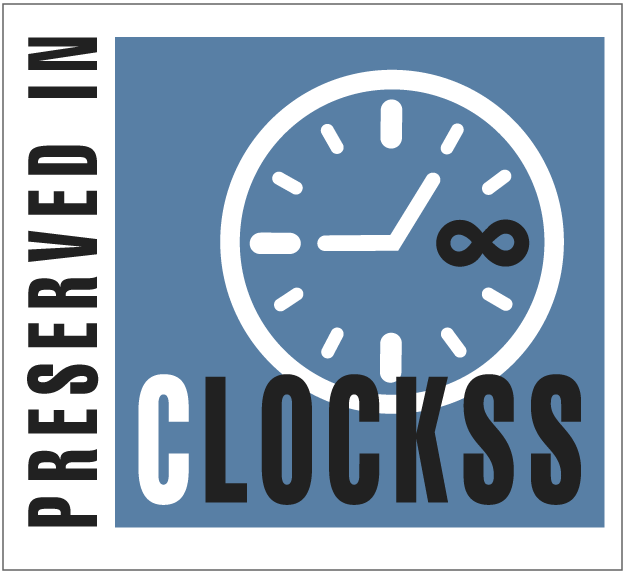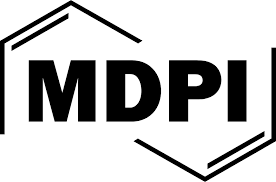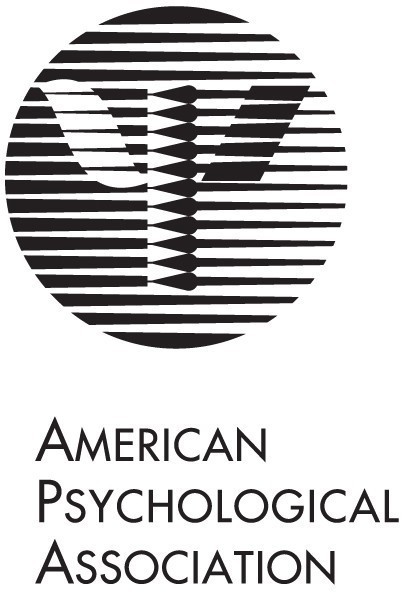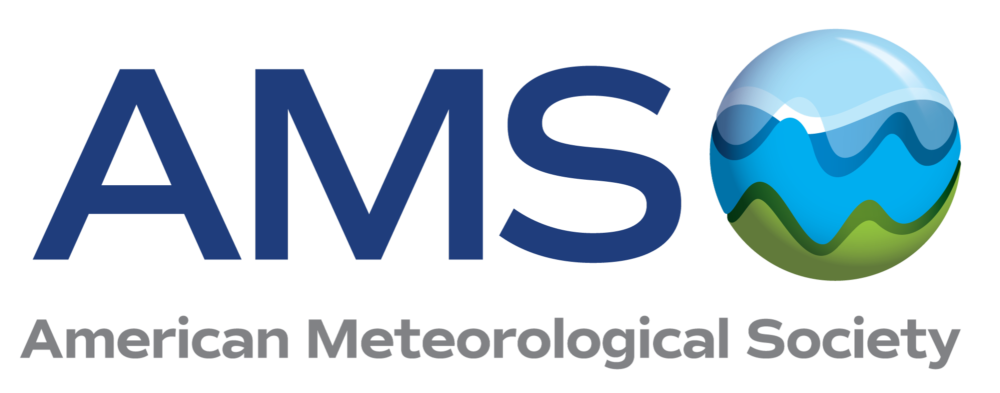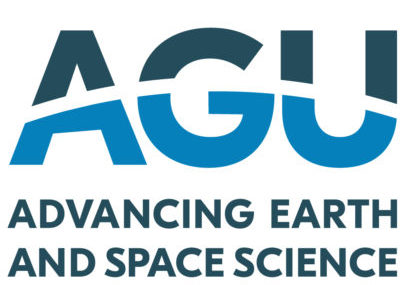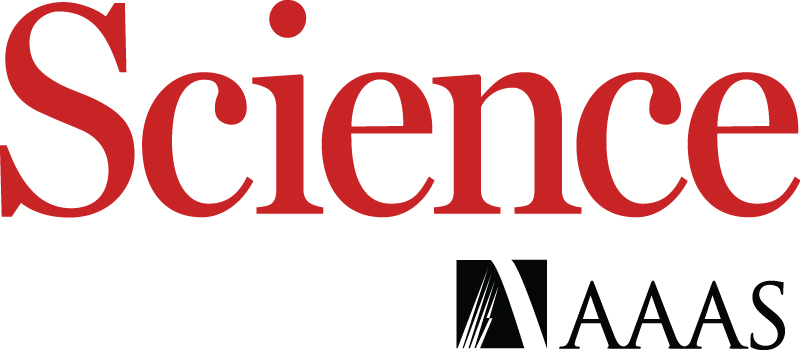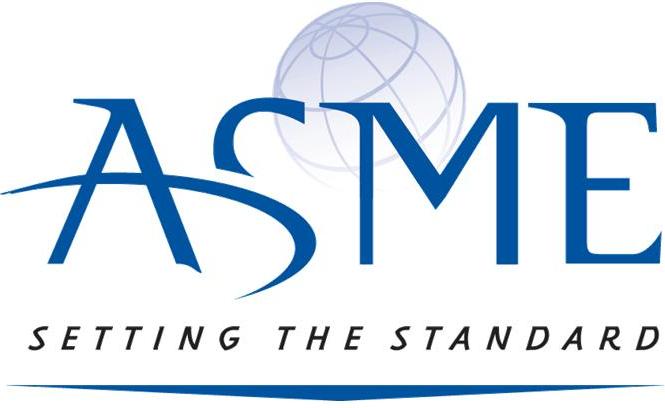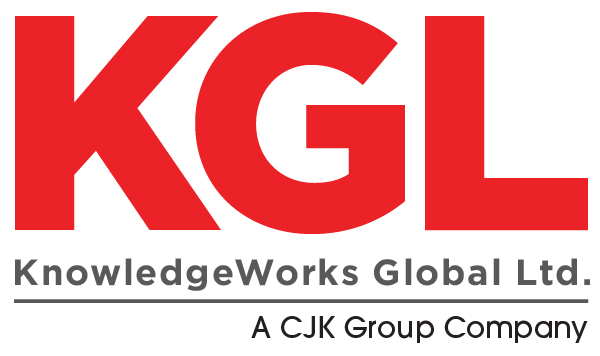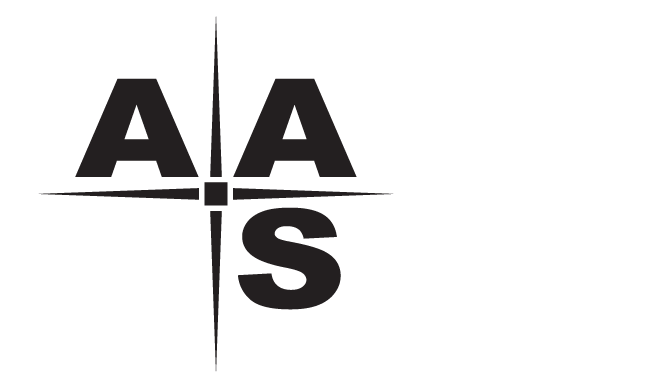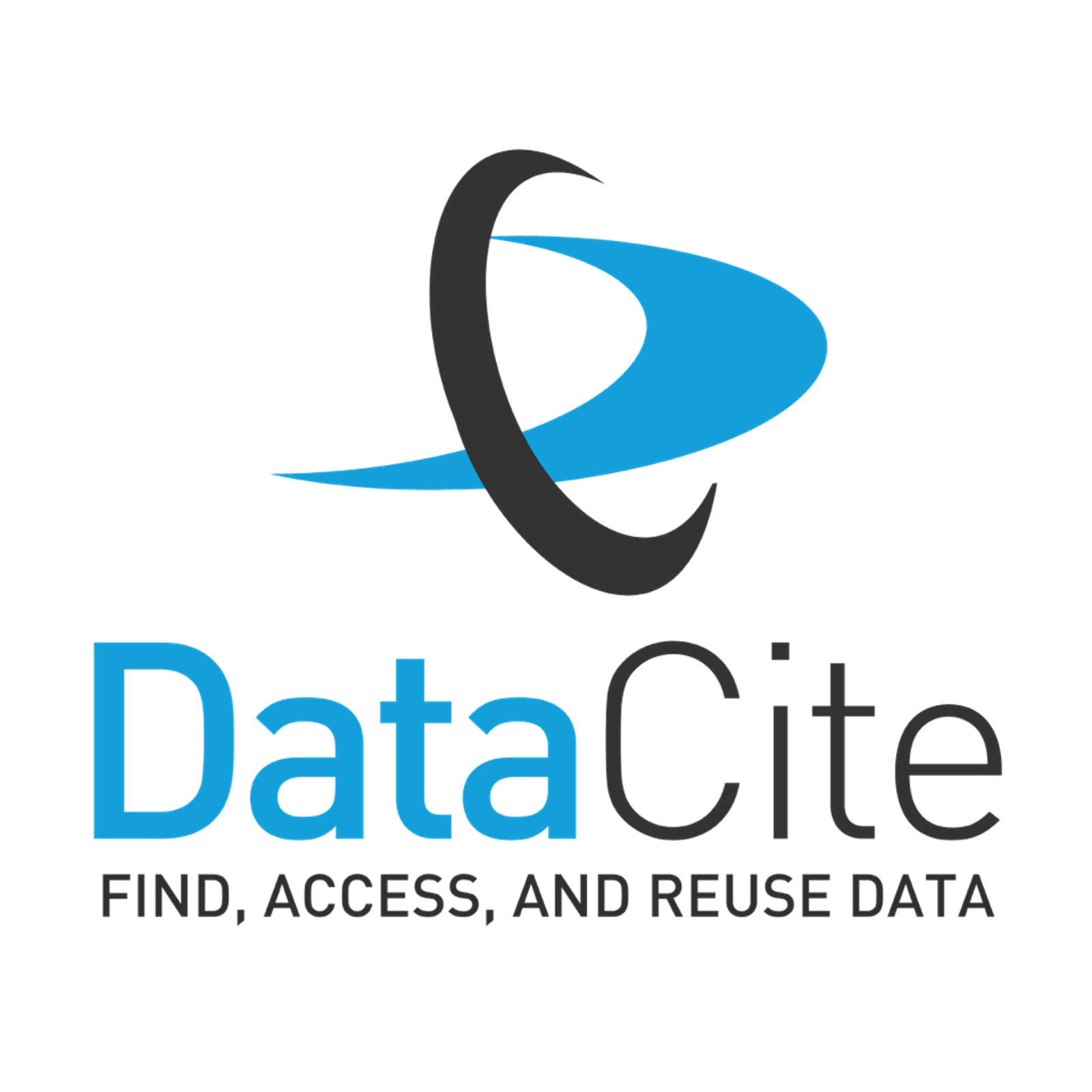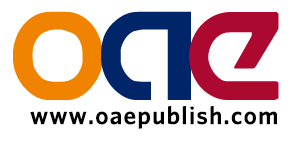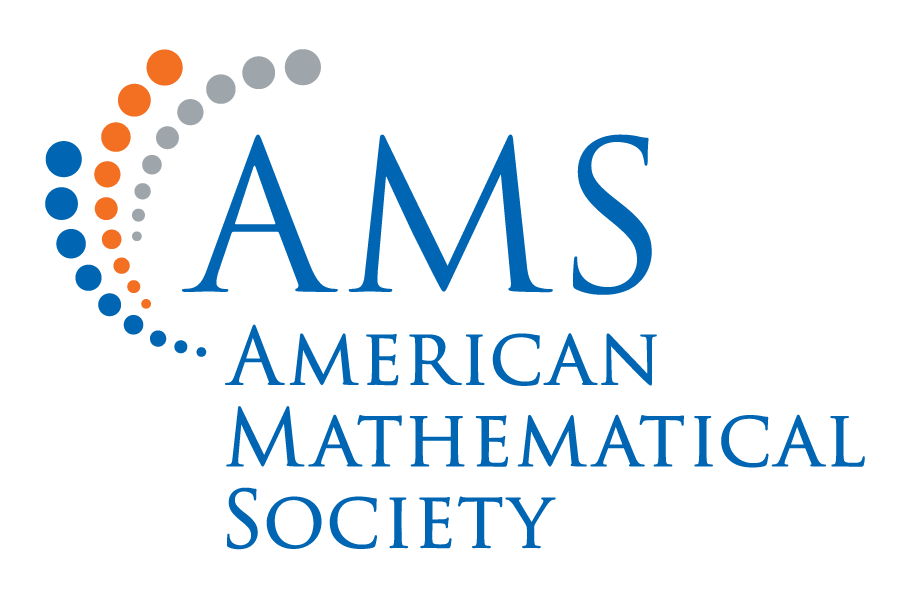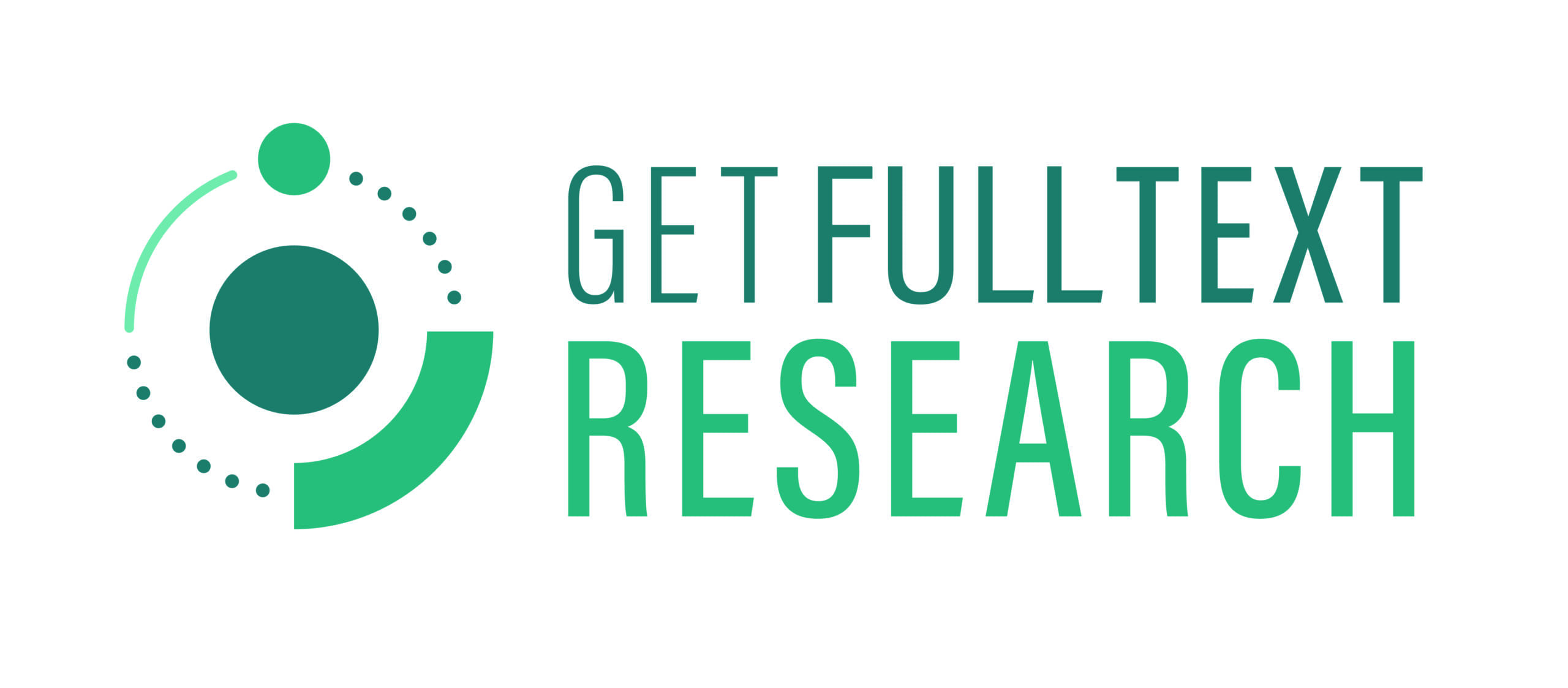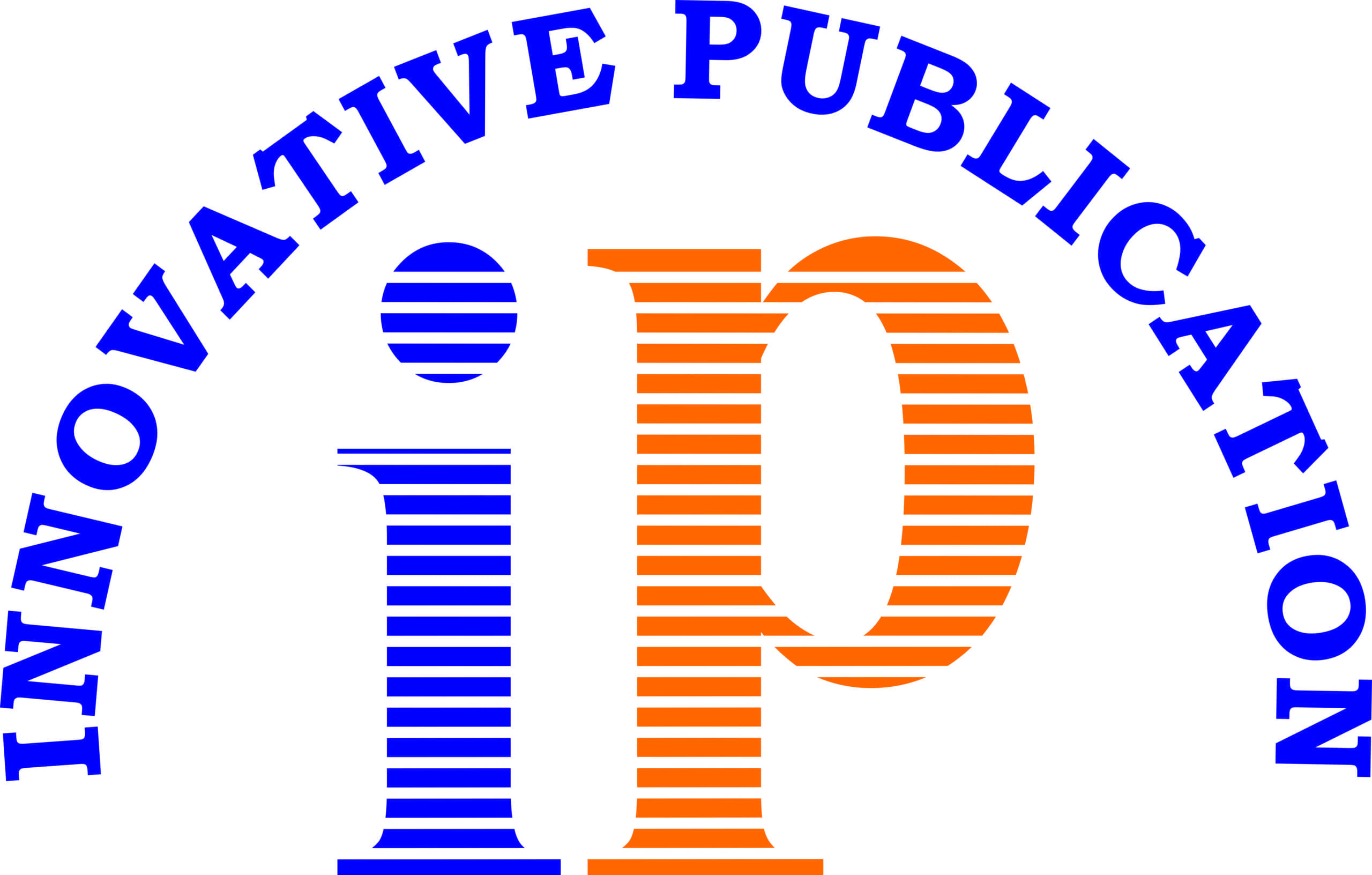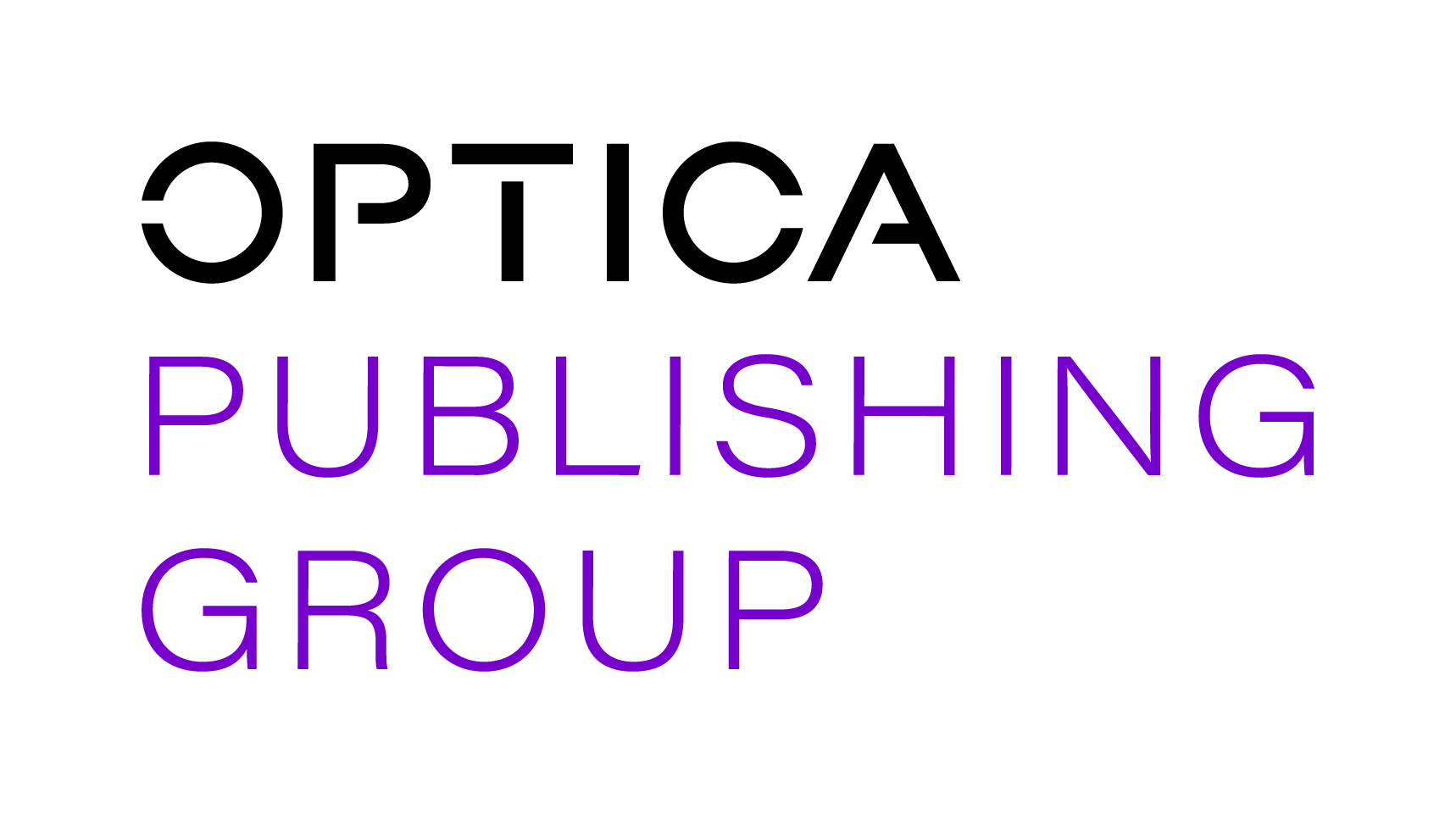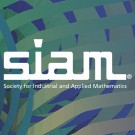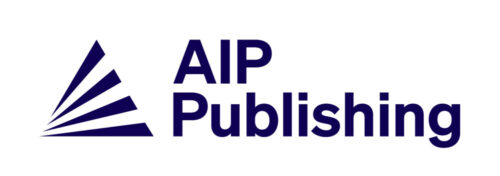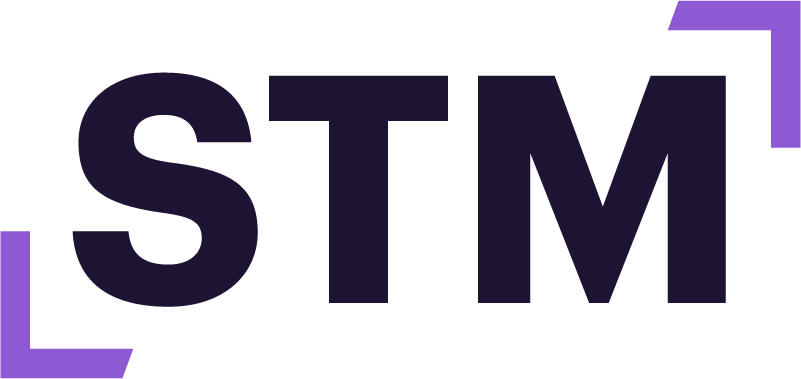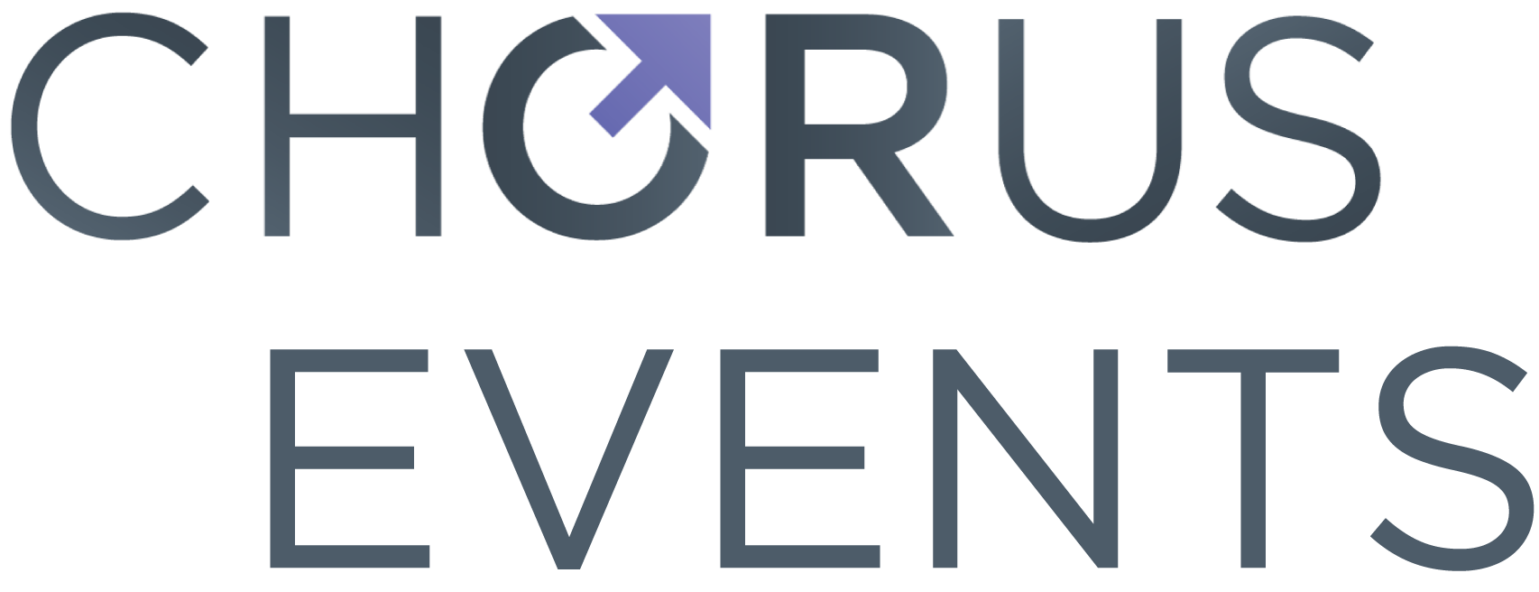
The forum discussed the challenges and solutions for ensuring research integrity and digital identity verification in scholarly publishing. Jennifer Wright highlighted the complexities of verifying author identities, citing a case of plagiarism involving multiple authors and institutions. Nancy Chescheir emphasized the need for transparency and collaboration, noting the rise in research fraud and the importance of trust markers. Richard Northover presented a framework for researcher identity verification, stressing inclusivity, proportionality, and accountability. The discussion underscored the necessity of robust systems to maintain the integrity of the scholarly record and the role of organizations like ORCID and STM in developing these solutions. The discussion also addressed enhancing identity verification in academic publishing to prevent fraud and ensure trustworthiness. Various verification methods were proposed, including third-party document verification, institutional verification, and ORCID trust markers. The importance of providing multiple verification options to avoid excluding researchers was emphasized. Challenges such as legal name changes and the potential use of AI agents to bypass systems were noted. The need for continuous calibration of verification processes and collaboration across the industry to maintain the integrity of scholarly work was highlighted. Future work includes UX research and analyzing real data to refine verification systems.
Presentation highlights:

Jennifer Wright’s Presentation on Trust Markers
Video
- A case study involving plagiarism and the complexities of verifying author identities.
- Steps taken by her team to investigate plagiarism and the challenges of verifying author identities.
- Potential benefits of researcher identity validation and the need for collective action.
- The importance of accountability and disambiguation in maintaining the integrity of the scholarly record.
 Nancy Chescheire’s Presentation on Digital Identity Verification
Nancy Chescheire’s Presentation on Digital Identity Verification
Video
- Increasing scale and complexity of research fraud and the need for digital identity verification.
- Concepts of digital identity and the importance of robust verification systems.
- Examples of identity manipulation in publishing and the need for cross-cultural and cross-disciplinary approaches.
- Characteristics of a reliable digital ID system and the role of organizations like United Act in addressing these issues.
 Richard Northover’s Presentation on Researcher Identity Verification Framework
Richard Northover’s Presentation on Researcher Identity Verification Framework
Video
- Introduced the concept of researcher identity verification and the challenges of maintaining trust in academic publishing.
- A framework developed by STM to address these challenges, including risk assessment and verification steps.
- The importance of inclusivity, proportionality, and accountability in the verification process.
- Examples of different levels of trust required for various roles in the publishing process.
- Potential benefits of trust markers and the need for collaboration among publishers and other stakeholders.
Q&A Session: Ensuring Equitable Solutions
- Providing a range of verification options to accommodate different researchers, including those without institutional emails.
- The importance of a stepwise function of verification options and increasing security as the invasiveness of the process increases.
- A balance between ease of use and security is highlighted, with a discussion on the activation energy required for authors to verify their work.
Q&A Session: Legal Names and Email Verification
Chris Shillum asked about the importance of legal names and email addresses in scholarly publishing use cases. The panelist answers were –
⇒The importance of legal names depends on the context, such as whether the person is a guest editor or a peer reviewer.
⇒The challenges of name changes and the need for verifiable IDs, such as ORCID or federated IDs.
Richie Boyer asked about verifying the validity of email addresses for a list of authors. The panelists answer was –
⇒The use of email confirmation links and two-factor authentication.
The panel suggested the following action items for all attendees to consider:
- Contribute ORCID trust markers to build a network of verified researcher identities.
- Engage the broader community to discuss and provide feedback on the proposed framework for researcher identity verification.
- Explore and pilot different approaches to researcher identity verification, including user experience research and analysis of past fraud cases.
The session concluded with a discussion on the resilience of the publishing industry and the importance of collaboration in maintaining the integrity of the scientific record. Touching on future challenges around verification; reliable trust markers will be identified but the arms race with bad actors will continue; there is a potential for the use of AI agents but finding a balance as there are methods that humans can do but machines cannot.
A special thank you to our generous sponsors, we could not do what we do without your support.
